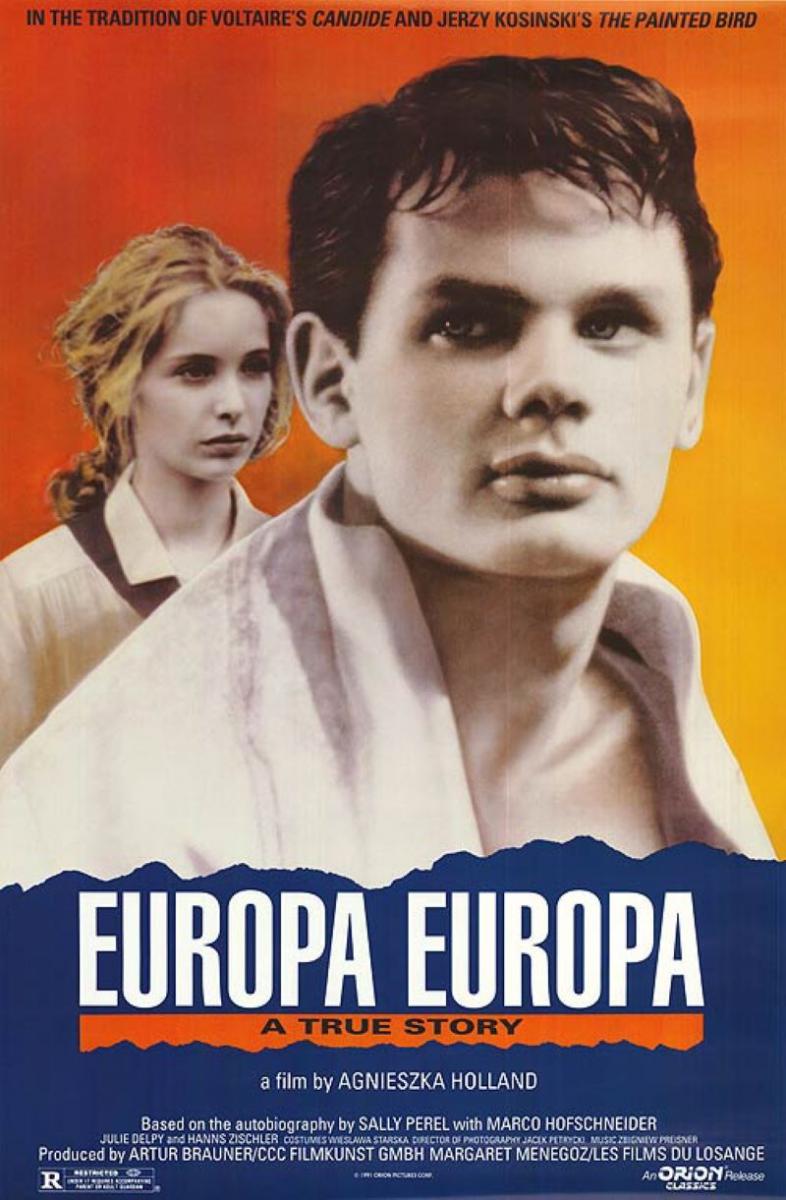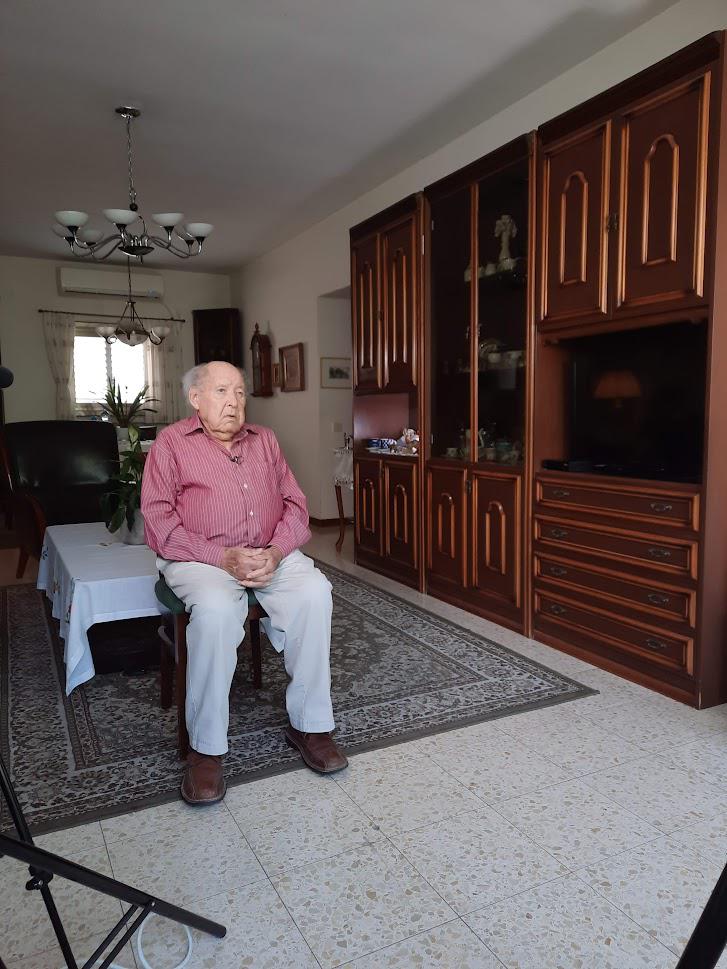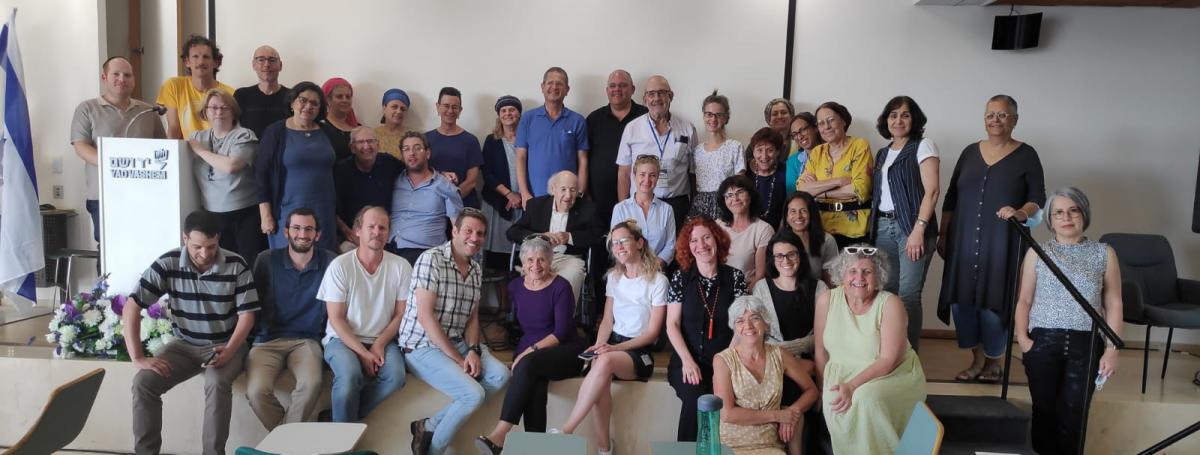
IMDb


Yad Vashem


Yad Vashem

Shlomo Perel was born in 1925 to a Jewish family in Germany. When he was eight years old, the Nazis came into power. Following the implementation of the Nuremberg laws, Shlomo was expelled from school, and in 1936, his family moved to Lodz, Poland. Following the Nazi invasion of Poland, his parents sent Shlomo and his brother eastward to the Soviet territories for safety. Shlomo was taken into a Communist Children’s home in Grodno. When the Germans invaded in 1941, he ran away but was arrested by the army. He cunningly pretended to be an ethnic German and was adopted by a Germany army unit, helping them as a translator for prisoners of war, among them Stalin’s son. Later Shlomo was sent to an elite Hitler Youth camp in Germany and, towards the end of the war, he was drafted into the Wehrmacht. After liberation, he was reunited with his brother who had survived Dachau, and Shlomo served as a translator for the Red Army. Shlomo immigrated to Israel, took part in Israel's War of Independence, married and had a family.
Shlomo remained silent for many years, mainly because he felt that his was not a Holocaust story. In the late 1980s, he felt a strong need to tell his story and decided to write his memoirs. His autobiography was the basis for the well-known motion picture Europa Europa. Following the release of the film, Shlomo began lecturing around the world, telling his personal story of what he experienced and witnessed during World War II and the Holocaust.
Yad Vashem's International School for Holocaust Studies filmed "Because you Must Live: the Story of Shlomo (Solly) Perl" for a special educational project series entitled 'Witnesses and Education', featuring the survivor testimonies of some 50 Holocaust survivors. In the film, Shlomo bravely answers difficult and personal questions and candidly reveals his fascinating story.
Yad Vashem also created an interactive educational tool dealing with questions of identity and its complexity in Shlomo Perel's world, as they arise from the video - from childhood, through the war years, and up to liberation.
May his memory be for a blessing.










